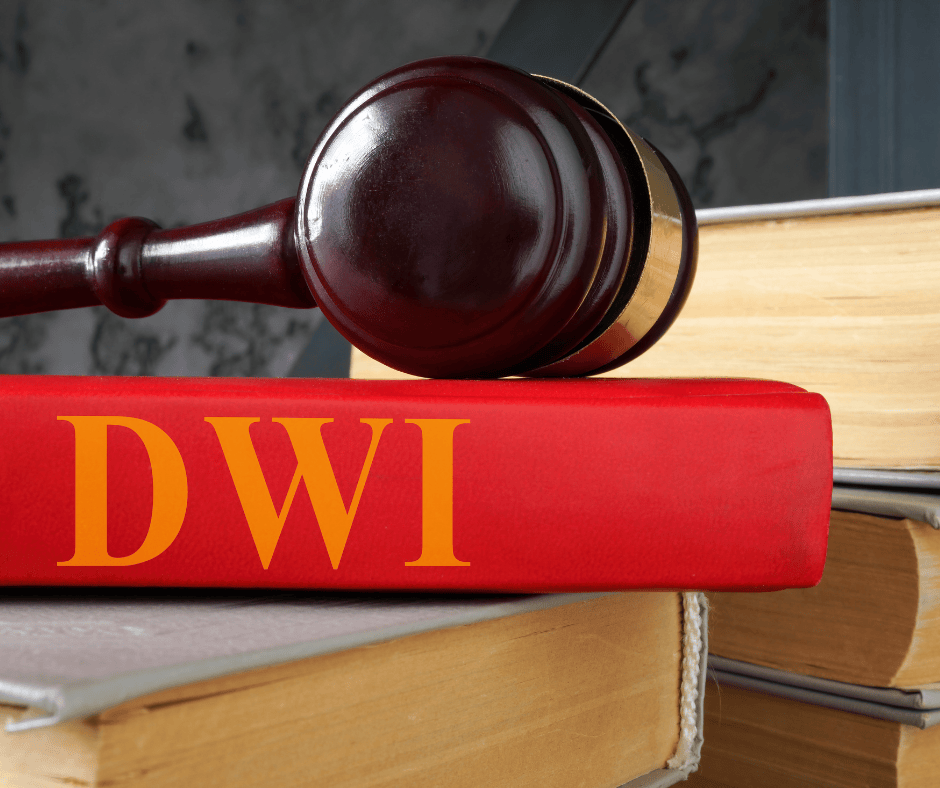North Carolina DWI Consequences: What You Can Expect From a Conviction

Have you been charged with driving while impaired in North Carolina?
You may wonder how severe DWI penalties are and what kind of jail time you can expect from a conviction.
Knowing what to expect may help during this stressful period and provide an opportunity to do your own research and prepare for your case. No matter how you look at it, having a conviction on your criminal record does more than just affect you. It also affects your family and others that know you.
This blog shares some tips from our experienced DWI lawyer on North Carolina DWI laws and penalties and what can happen after a conviction.
Jail Time and Fines
The legal blood alcohol content (BAC) level is 0.08% nationwide. If found operating a motor vehicle with a BAC higher than this, you will be charged with driving while intoxicated or a similar offense. As with any criminal conviction, there will be criminal penalties.
Here are the different levels of DWI charges in North Carolina and their consequences.
| Level | Minimum Sentence | Maximum Sentence | Maximum Fine |
|---|---|---|---|
| V | 24 hrs | 60 days | $200 |
| IV | 48 hrs | 120 days | $500 |
| III | 72 hrs | 6 months | $1,000 |
| II | 7 days | 1 year | $2,000 |
| I | 30 days | 2 years | $4,000 |
| Felony DWI | 1 year | 3 years | $10,000 |
North Carolina DWI Penalties Chart
You can sometimes perform community service hours rather than jail time. Ultimately, your charges and penalties will be enhanced or reduced based on your case’s aggravating and mitigating factors.
Here’s a list of what will be considered:
- Gross aggravating factors
- Causing serious bodily injury
- Driving on a revoked license for a previous DWI
- Driving with a minor child
- Conviction of a prior DWI in the last seven years
- Aggravating factors
- BAC of 0.15% or more
- Reckless driving
- Causing a motor vehicle collision
- Speeding
- Evading police
- Passing a stopped school bus
- Having two prior traffic violations and/or three demerit points on your driving record
- Mitigating factors
- Low BAC of 0.09% or less
- The impairing drug was prescribed
- Evidence of driving safely
- Submitting to a mental health screening, 60 days sobriety monitoring, and/or substance abuse treatment
Commercial Drivers
Commercial motor vehicle drivers fall under a zero-tolerance law for DWIs in North Carolina. The legal BAC is 0.04% for these types of drivers. Upon the first conviction of a DWI, in addition to the above penalties, drivers will face an immediate 10-day disqualification from operating a commercial vehicle.
A subsequent conviction will result in the immediate termination of their commercial driver’s license. This law applies to commercial drivers, school bus drivers, and childcare vehicle drivers.
Underage Drivers
Underage drivers (>21) face an immediate 30-day revocation of their driver’s license after a DWI conviction. Police officers are only required to be able to smell the alcohol on the defendant’s breath to arrest and charge them with the crime. If convicted, offenders will face a one-year license revocation.
Driver’s License Suspension
A DWI conviction in North Carolina means an immediate license suspension. First-time offenders face a one-year revocation period; then, it’s four years for a second offense and a permanent revocation for a subsequent offense. DWI/DUI convictions must be within seven years of one another to be considered in sentencing.
Some individuals may be eligible to have their revocation period reduced by submitting to alcohol monitoring. However, before license reinstatement, you must produce a certificate of completion for the appropriate substance abuse course.
Vehicle Impound
DWI offenders will have their vehicles impounded for a minimum of ten days when arrested. After this time, drivers must pay to have their vehicles released.
However, if you are arrested for a DWI while also driving on a suspended license from a previous DWI offense, your vehicle will be seized. This seizure happens at the time of the arrest—not after a conviction. And if you are convicted, you will forfeit your rights to your vehicle, and it can therefore be sold or kept by the school board.
Installation of an Ignition Interlock Device
You must install an ignition interlocking device if you are convicted of drunk driving. This is a breathalyzer in your vehicle that will prevent it from starting if it detects alcohol on your breath. The installation and maintenance costs can be expensive, and you will be required to foot the bill in North Carolina.
Chemical Test Refusal
When you’re stopped on suspicion of a DWI, you must submit to a breath or blood test to confirm the presence of drugs or alcohol in your system. This is called implied consent.
However, if you refuse chemical testing, you will automatically lose your driving privileges for 30 days and an additional year after the initial hearing. Even if you are acquitted of the DWI, your license will continue to be suspended for that one-year period simply for refusing the test.
Have You Been Charged With a DWI in Winston-Salem or Forsyth County?
As you can see, a DWI conviction in North Carolina is serious business. The consequences are often harsh but may be avoidable with the proper defense. If you’ve been arrested and charged with a DWI in Winston-Salem, NC, or surrounding areas, it is crucial that you contact an experienced criminal defense attorney from the start.
You can’t afford to take chances with your freedom —call McMinn, Logan & Gray for a free case review today.
